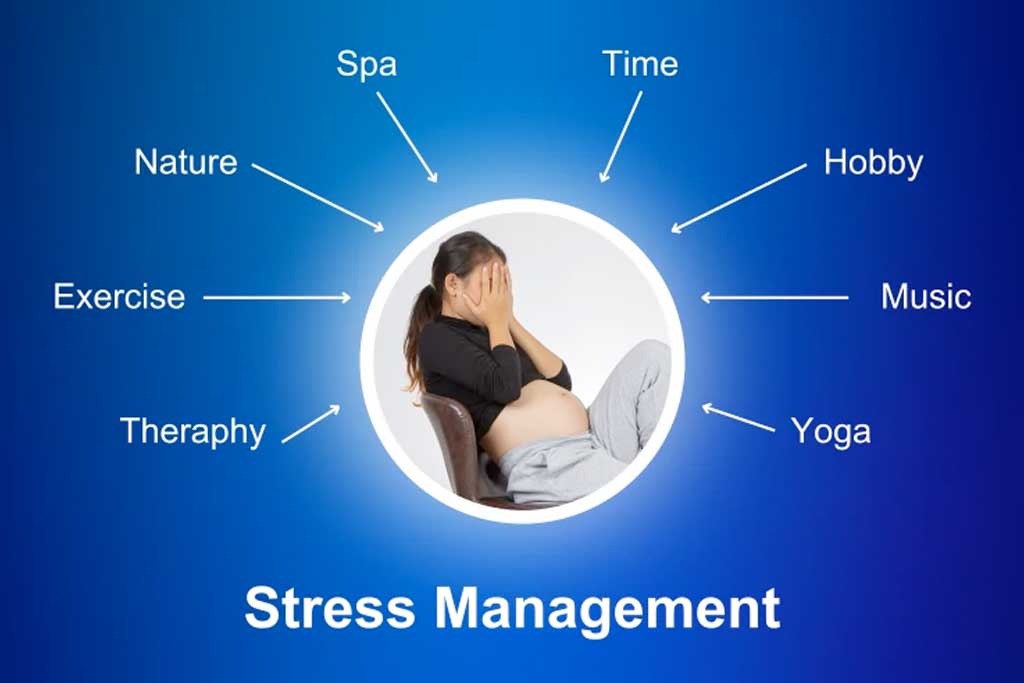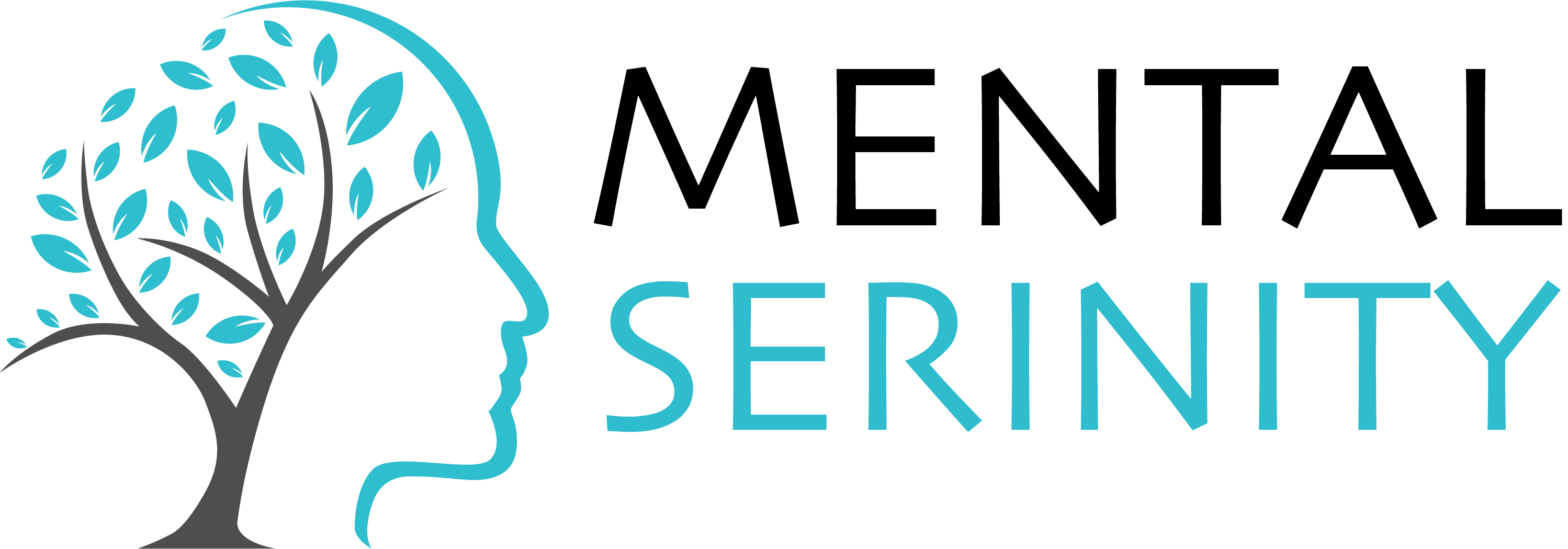

In our increasingly fast-paced and interconnected world, managing stress and anxiety has become an essential focus for maintaining overall well-being. With constant demands from work, technology, and personal responsibilities, many individuals are experiencing unprecedented levels of stress and anxiety. This article delves into the causes and effects of stress and anxiety, explores high-demand services designed to help individuals cope, and offers practical strategies for managing these prevalent issues.
Definitions and Distinctions
While the terms “stress” and “anxiety” are often used interchangeably, they represent different aspects of mental health. Stress is a physiological and psychological response to external demands or pressures. It can be acute, arising from a specific event, or chronic, stemming from ongoing pressures and challenges. Common stressors include work-related pressures, relationship conflicts, financial troubles, and major life changes.
Anxiety, on the other hand, is a more persistent and generalized feeling of worry, apprehension, or dread. Unlike stress, which is typically linked to specific situations, anxiety can occur without an identifiable cause and often involves a sense of impending doom or constant apprehension about future events. Anxiety disorders, such as generalized anxiety disorder (GAD), panic disorder, and social anxiety disorder, can significantly impair daily functioning and quality of life.
Causes of Stress and Anxiety
The sources of stress and anxiety are diverse and can vary greatly from person to person. Key causes include:
Understanding the causes of stress and anxiety is crucial for developing effective coping strategies and seeking appropriate support.
As awareness of mental health grows, a variety of services have emerged to help individuals manage stress and anxiety. These services encompass traditional therapeutic approaches, digital solutions, and wellness-oriented strategies. Here’s a comprehensive look at some of the most sought-after services:
Therapy and Counseling
Cognitive Behavioral Therapy (CBT) is a well-established and widely used approach for managing stress and anxiety. CBT focuses on identifying and altering negative thought patterns and behaviors that contribute to anxiety. By helping individuals develop healthier thinking patterns and coping mechanisms, CBT can reduce symptoms and improve overall mental well-being.
CBT involves techniques such as cognitive restructuring, exposure therapy, and behavioral experiments. Through structured sessions, clients learn to challenge irrational thoughts, gradually face feared situations, and adopt more adaptive behaviors. This evidence-based approach is effective for treating a range of anxiety disorders, including GAD, panic disorder, and social anxiety.
Mindfulness-Based Therapy integrates mindfulness practices, such as meditation and breathing exercises, to help individuals stay present and manage stress. Mindfulness-Based Stress Reduction (MBSR) and Mindfulness-Based Cognitive Therapy (MBCT) are popular approaches that emphasize awareness and acceptance of thoughts and feelings.
MBSR, developed by Dr. Jon Kabat-Zinn, involves an 8-week program that combines mindfulness meditation with yoga. It helps individuals cultivate a non-judgmental awareness of their experiences, reducing stress and enhancing emotional regulation. MBCT, developed by Dr. Zindel Segal, incorporates mindfulness practices with cognitive therapy techniques to prevent relapse in individuals with recurrent depression.
Psychodynamic Therapy explores unconscious processes and past experiences that influence current behavior and emotions. This approach helps individuals gain insight into how early life experiences and internal conflicts contribute to their current stress and anxiety.
Psychodynamic therapy often involves exploring themes such as attachment patterns, unresolved conflicts, and defense mechanisms. By understanding these underlying factors, clients can work through unresolved issues and achieve long-term relief from stress and anxiety. This approach is beneficial for individuals seeking to explore deeper psychological roots of their distress.
Digital and Online Solutions
Teletherapy, or online therapy, provides access to mental health services through digital platforms. This modality offers convenience and flexibility, allowing individuals to receive therapy from the comfort of their homes. Teletherapy has become increasingly popular, especially during the COVID-19 pandemic, when in-person sessions were restricted.
Teletherapy platforms enable therapists to conduct sessions via video calls, phone calls, or secure messaging. This approach can be particularly beneficial for those who face barriers to in-person therapy, such as geographic distance, mobility issues, or busy schedules. Teletherapy also reduces the stigma associated with seeking mental health care by providing a more private and accessible option.
A variety of mental health apps are available to help individuals manage stress and anxiety. These apps often include features such as guided meditation, mood tracking, relaxation exercises, and cognitive-behavioral tools. Popular apps like Headspace, Calm, and Moodfit offer a range of resources to support mental well-being.
Mental health apps can complement traditional therapy by providing additional support and self-help tools. They allow users to practice mindfulness, monitor their emotional state, and access resources for managing stress. Many apps offer customizable features and progress tracking to help individuals stay engaged with their mental health practices.
Online support groups provide a platform for individuals to connect with others who share similar experiences. These groups offer a sense of community and mutual support, allowing members to share coping strategies, offer encouragement, and discuss their challenges.
Platforms like Reddit, Facebook, and specialized mental health websites host various online support groups for stress and anxiety. These groups can provide emotional support, reduce feelings of isolation, and offer practical advice. Participating in online support groups can complement other forms of therapy and provide valuable peer support.
Wellness and Lifestyle Services
Regular physical activity is a well-documented method for managing stress and anxiety. Exercise releases endorphins, which are natural mood enhancers, and can improve overall physical health. Many fitness programs and classes are designed to reduce stress, including yoga, Pilates, and high-intensity interval training (HIIT).
Yoga, in particular, combines physical postures, breathing exercises, and mindfulness, making it an effective practice for managing stress and anxiety. Yoga classes and online tutorials offer various levels and styles to accommodate different preferences and needs.
Nutrition plays a crucial role in mental health. A balanced diet can positively impact mood and stress levels. Nutrition counseling services help individuals make healthier food choices that support overall well-being.
Dietitians and nutritionists provide personalized advice on managing stress through diet, including incorporating foods that support mental health, such as omega-3 fatty acids, antioxidants, and whole grains. Nutrition counseling can also address issues such as emotional eating and developing healthy eating habits.
Various relaxation techniques can help manage stress and anxiety. These include deep breathing exercises, progressive muscle relaxation, and aromatherapy. Techniques such as guided imagery and visualization can also promote relaxation and reduce anxiety.
Deep breathing exercises involve focusing on slow, deep breaths to activate the body’s relaxation response. Progressive muscle relaxation involves tensing and then releasing different muscle groups to reduce physical tension. Aromatherapy uses essential oils, such as lavender and chamomile, to promote relaxation and reduce stress.
In addition to utilizing high-demand services, individuals can benefit from incorporating practical strategies into their daily lives. These strategies can help manage stress and anxiety more effectively and enhance overall well-being.
A structured daily routine can provide a sense of stability and predictability, which can be calming during times of stress. Setting regular wake-up and sleep times, scheduling meals, and incorporating time for relaxation and self-care can create a balanced and manageable daily schedule.
Establishing a routine also involves setting specific goals and priorities for each day. Breaking tasks into manageable steps and creating a to-do list can help individuals stay organized and reduce feelings of being overwhelmed.
Adequate sleep is essential for managing stress and anxiety. Poor sleep can exacerbate symptoms and impact overall mental health. Establishing a consistent sleep routine, creating a relaxing bedtime environment, and avoiding stimulants before bedtime can improve sleep quality.
Maintaining good sleep hygiene involves creating a restful sleep environment, such as a cool, dark, and quiet room, and avoiding screens before bedtime. Developing a pre-sleep routine, such as reading or practicing relaxation techniques, can also contribute to better sleep.
Physical activity is a natural stress reliever. Engaging in regular exercise, such as walking, jogging, or participating in sports, can help reduce anxiety and improve mood. Finding an enjoyable form of exercise can make it easier to incorporate physical activity into daily life.
Exercise can also serve as a healthy distraction from stressors and provide a sense of accomplishment. Incorporating movement into daily routines, such as taking the stairs instead of the elevator or going for a walk during breaks,
